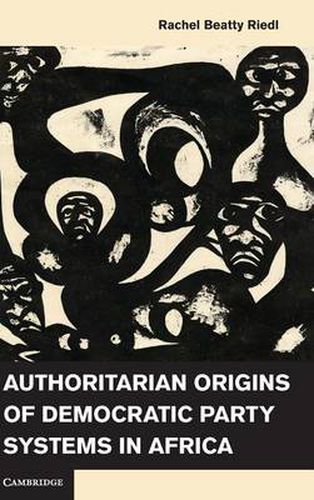Readings Newsletter
Become a Readings Member to make your shopping experience even easier.
Sign in or sign up for free!
You’re not far away from qualifying for FREE standard shipping within Australia
You’ve qualified for FREE standard shipping within Australia
The cart is loading…






Why have seemingly similar African countries developed very different forms of democratic party systems? Despite virtually ubiquitous conditions that are assumed to be challenging to democracy - low levels of economic development, high ethnic heterogeneity, and weak state capacity - nearly two dozen African countries have maintained democratic competition since the early 1990s. Yet the forms of party system competition vary greatly: from highly stable, nationally organized, well-institutionalized party systems to incredibly volatile, particularistic parties in systems with low institutionalization. To explain their divergent development, Rachel Beatty Riedl points to earlier authoritarian strategies to consolidate support and maintain power. The initial stages of democratic opening provide an opportunity for authoritarian incumbents to attempt to shape the rules of the new multiparty system in their own interests, but their power to do so depends on the extent of local support built up over time.
$9.00 standard shipping within Australia
FREE standard shipping within Australia for orders over $100.00
Express & International shipping calculated at checkout
Why have seemingly similar African countries developed very different forms of democratic party systems? Despite virtually ubiquitous conditions that are assumed to be challenging to democracy - low levels of economic development, high ethnic heterogeneity, and weak state capacity - nearly two dozen African countries have maintained democratic competition since the early 1990s. Yet the forms of party system competition vary greatly: from highly stable, nationally organized, well-institutionalized party systems to incredibly volatile, particularistic parties in systems with low institutionalization. To explain their divergent development, Rachel Beatty Riedl points to earlier authoritarian strategies to consolidate support and maintain power. The initial stages of democratic opening provide an opportunity for authoritarian incumbents to attempt to shape the rules of the new multiparty system in their own interests, but their power to do so depends on the extent of local support built up over time.